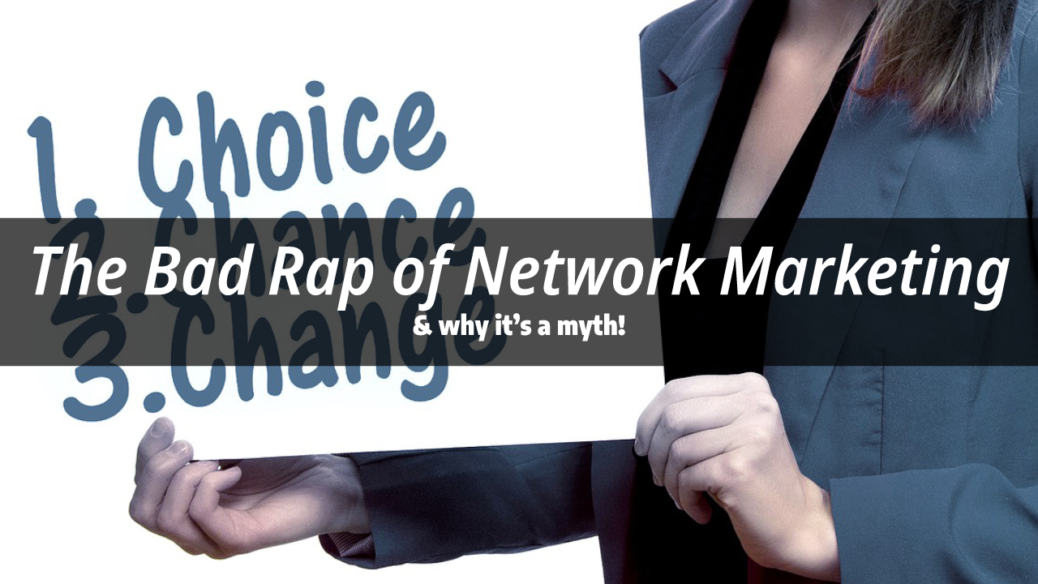
Does Cbd Absorb Through The Skin? Why Should I Use A Cbd Topical?
But that doesn’t mean that all hemp-derived cannabidiol products are legal CBD oil. Since cannabidiol has been studied as a new drug, it can’t be legally included in foods or dietary supplements. Also, cannabidiol can’t be included in products marketed with therapeutic claims.
While cannabinoids are present within several plants in nature, cannabis is the only plant known to contain CBD. The understanding of cannabinoid ratios is still in the early stages; however, cannabinoid’s medical and therapeutic properties are still distinct. THC and cannabidiol CBD differ in the way their molecules act on receptors located throughout the entire body. In the brain, THC binds with the CB1 receptor and CBD binds with the CB2 receptor while also blocking CB1 receptors from binding with THC.
Even for pure CBD oil, there are very few well-conducted trials backing up its apparent health benefits, although research is expected to ramp up now that laws distinguish between hemp and marijuana. Unlike THC, CBD will not give the user a “high” feeling that the cannabis plant has been traditionally known for. It is used by consumers to promote a healthy functioning system. Some people report it has a relaxing / calming effect, while others may feel more energized.
But research is limited, and none of these products are approved as prescription drugs. The passage of the 2018 Farm Bill made it legal to sell hemp and hemp products in the U.S.
Cannabidiol is one of the most critical cannabinoids contained in the cannabis plant. It exists both in agricultural hemp, as well as medical cannabis.
The main active ingredient in hemp is CBD, and CBD does not have any psychoactive properties. Instead, CBD has been credited with relieving anxiety, inflammation, insomnia, and pain, although currently there is little scientific proof that CBD works, except for epilepsy. Epidiolex Is a prescription CBD oil that was FDA approved in June 2018 for two rare and severe forms of epilepsy, Lennox-Gastaut syndrome and Dravet syndrome. Other trials are underway investigating the benefits of CBD for Parkinson’s disease, schizophrenia, diabetes, multiple sclerosis, and anxiety. However, research into the effectiveness of CBD oil only tested pure CBD oil, not gummies.
- It is a chemical compound derived from the hemp plant, a cousin of the marijuana plant.
- It is one of the many natural chemicals found in cannabis and hemp plants.
- CBD, or cannabidiol, is a chemical compound from the cannabinoid family that naturally occurs in the cannabis plant.
- In other words, if a CBD product comes from a hemp plant, it’s legal; if it comes from a marijuana plant, it’s federally illegal, despite local laws.
- For decades though, the US Drug Enforcement Administration treated them all the same, classifying cannabis as a Schedule I substance.
Cannabidiol can only be included in "cosmetic" products and only if it contains less than 0.3% THC. But there are still products labeled as dietary supplements on the market that contain cannabidiol. The amount of cannabidiol contained in these products is not always reported accurately on the product label. Cannabidiol is a chemical in the Cannabis sativa plant, also known as marijuana or hemp. Over 80 chemicals, known as cannabinoids, have been identified in the Cannabis sativa plant.
This means CBD can potentially decrease some of THC’s effects, like anxiety, as well as psychoactivity. A specific cannabidiol product has been shown to reduce seizures in adults and children with various conditions that are linked with seizures.
This product is a prescription drug for treating seizures caused by Dravet syndrome, Lennox-Gastaut syndrome, or tuberous sclerosis complex. It has also been shown to reduce seizures in people with Sturge-Weber syndrome, febrile infection-related epilepsy syndrome , and specific genetic disorders that cause epileptic encephalopathy. But it’s not approved for treating these other types of seizures. This product is usually taken in combination with conventional anti-seizure medicines. Some cannabidiol products that are made in a lab are also being studied for epilepsy.





























